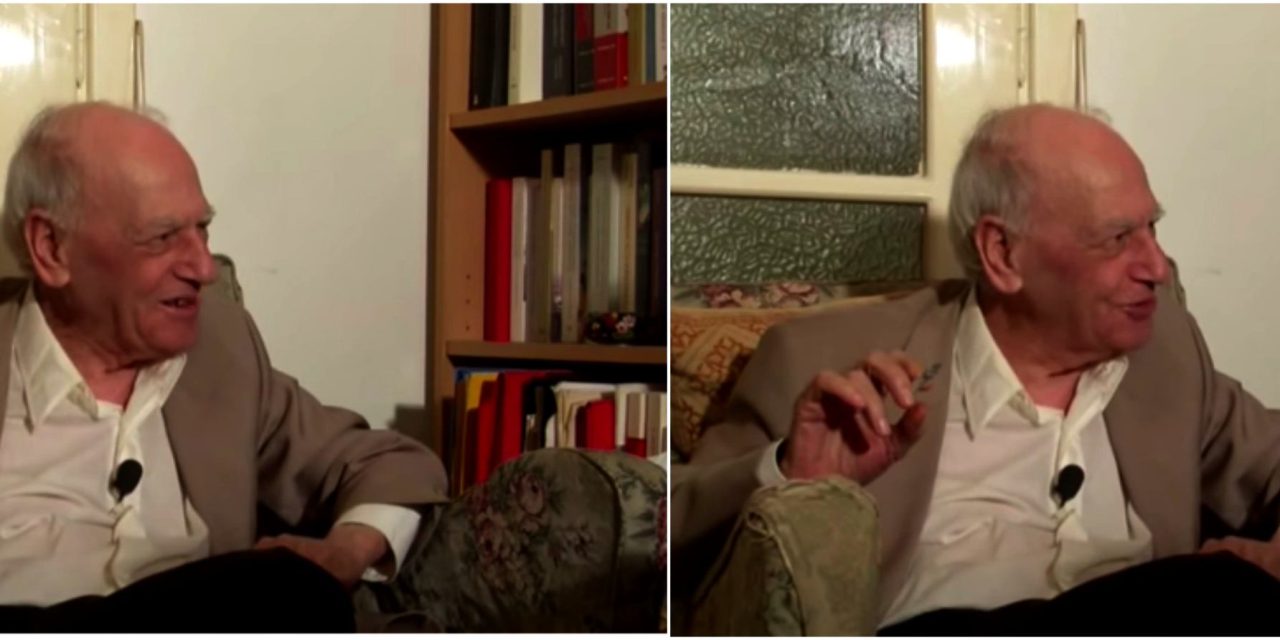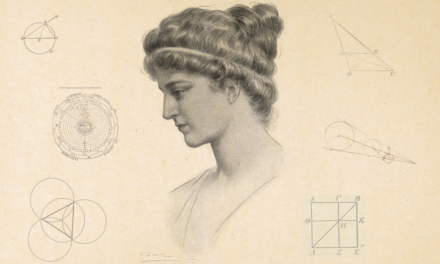Spyros I. Asdrachas (1933 – December 11, 2017) was one of the most prominent figures in Greek historiography, who left his own imprint on the field of historiography in the years following the dictatorship of the colonels. A prominent historian of post-Byzantine Greece, he focused on economic and social history from the 15th to the 19th century.
From Cefalonia to Athens and Paris: the historian as a citizen
Spyros Asdrachas was born in Argostoli (Cephalonia) in 1933 and was a high school student on the island of Lefkada. He then moved to Athens to study at the Department of History and Archeology. On a Greek government scholarship, he obtained his doctorate in 1972 in France in the field of economic and social history. During the period from 1974 to 1984, he was a professor at the University Paris-IV, the School of Advanced Studies in Social Sciences and the French National Center for Scientific Research.
Emeritus Director of research at the National Hellenic Research Foundation and Honorary Chairman of the Contemporary Social History Archives (ASKI), Asdrachas was linked with Konstantinos Dimaras circle and his historiographical school in Paris. From 1983 to 2005, he was co-director, with Philipos Iliou and Vassilis Panagiotopoulos, of the magazine “Ta Istorika“.
Through his articles published in multiple scientific journals as well as in the daily press, Asdrachas participated in the discussions on issues concerning Greek society. For Asdrachas, the profession of historian was closely associated with society and had to contribute to questions raised in the socio-political sphere. As a historian, he was above all a citizen, but a historically defined citizen. As for his epistemological choices, Asdrachas turned to those who make history and are the voiceless actors, the “unknown soldiers”. He saw the historiographical narrative as a reversal inasmuch as it is the anonymous, the forgotten, and the oppressed who speak.
As he specifies in one of these last interviews granted to Enthemata Avgis, “the historian is necessarily a politician at the service of a rupture process.”
The influence of the Annales on Greek “New History”
Here is an excerpt from “Modern Greek Historiography (1974-2000). The Era of Tradition from Dictatorship to Democracy” by historian Antonis Liakos:
“In the years after the junta an osmosis was created between the Enlightenment School and the Marxist current, despite their appreciable differences both in historical framework and in method. It was expressed in the demand for the ‘renewal’ of historical studies, and it created what was called ‘New History’. Spiros Asdrachas, Philippos Iliou, Vasilis Panagiotopoulos, G. Dertilis and Vasilis Kremmidas, i.e. the following generation, constituted the leading figures of the ‘New History’. There is no clear definition for what the term ‘New History’ specifically meant or what included. Usually, it is defined in juxtaposition to ‘traditional history’. If ‘traditional history’ considered itself to belong to the Humanities, the ‘New History’ included itself within the Social Sciences. If the former was characterized in practice as only interested in documents and susceptible to historical myths, the latter was interested in the “Histoire-probleme”, the history of the average person and in the history of the society as a whole. In short, for many who took their first steps at this time, i.e., the generation of Mnimon, the ‘New History’ meant Dimaras plus Svoronos, the Annales school plus Marxism. […]
In each country this current takes particular forms, following the social developments and the historiographical tradition. In Greece this social history was delayed because of the abnormal political conditions. Particularly anything which was concerned with social history was suspected of Marxism. But on the other hand the abuse of history by Greek national ideology enriched the ‘new history’ with a problematic of the ideological use and abuse of history.
Asdrachas, starting with a holistic conception of historiographical phenomenon, developed a theory of historical practice which included the historicizing subject as much as the historicized object as active elements. With this conception, historiographical and social practice, are distinguished analytically on the one hand but are written in a totality which confronts the history at the same time as a social and cultural practice. This analysis kept pace with and was supplemented by the theory of ‘the ideological use of history’ (Iliou), which related to the way in which Greek society received and formed its perceptions of the past. In the context of the liberation from the ‘ideological use of history’ the historians of this generation understood their historiographical task to be a discharge of ‘ideological myths’ from history. However, with this conception the slide to positivism was not uncommon. The opposing fear of the ideological abuses of history in a wider cultural environment supported this trend. At the same time, it made difficult the reception of historiographical currents which were connected with the ‘linguistic turn’ and the postmodernism of the 1980s and 1990s. As long as the task of historians was to rescue reality from ideology, it was difficult for them to accept different versions of reality and even its disappearance into the linguistic games or regimes of discourses, as the postmodernist school maintains.”
Main Source: GrèceHebdo I Spyros Asdrachas: L’historien aux zones du silence (Translated by Nicole Stellos)
Read Spyros Asdrachas seminal articles: An Introduction to Greek Economic History, Fifteenth to Nineteenth Centuries: Fields of Observation and Methodological Issues; Problems of Economic History of the Period of Ottoman Domination in Greece
Read more about Greek Historiography via Greek News Agenda: Greek Historiography in the 20th Century: Opening a Research Agenda
N.N.














